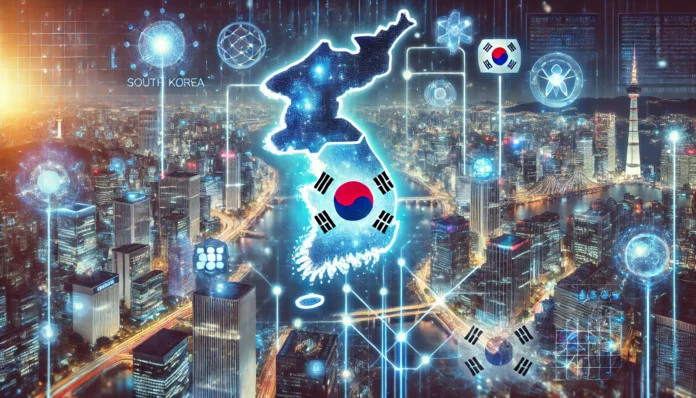OpenAI, the creator of ChatGPT, announced on May 26, 2025, the establishment of a legal entity in South Korea. This strategic expansion underscores the escalating competition among AI giants to dominate emerging markets and leverage regional innovation hubs. As AI continues to reshape industries, economies, and societies, OpenAI’s entry into South Korea marks a pivotal moment in the global AI race, with implications for business, technology, and geopolitics.
OpenAI’s decision to set up operations in South Korea comes at a time when the country is rapidly emerging as a powerhouse in AI development. South Korea boasts a robust technological infrastructure, a highly skilled workforce, and government-backed initiatives to foster AI innovation. According to posts on X, OpenAI’s move is poised to propel the adoption of its AI technologies, including its latest reasoning models, o3 and o4-mini, which can process multimodal inputs like text, images, and diagrams to solve complex problems. These models, unveiled in April 2025, represent a leap forward in generative AI, offering businesses advanced tools for automation and decision-making.
The South Korean expansion is not just a business maneuver but a strategic response to the intensifying rivalry with competitors like Google, Anthropic, and xAI. Posts on X highlight that South Korea ranks second globally in ChatGPT paid subscribers, with the country also among the top 10 in total users and API developers. This vibrant AI ecosystem makes it a prime target for OpenAI, which aims to tap into the region’s burgeoning demand for AI-driven solutions. The company’s move aligns with its broader strategy to integrate its technologies into diverse markets, from enterprise applications to consumer-facing tools.
Economically, OpenAI’s entry could catalyze significant growth in South Korea’s AI sector. The country’s Democratic Party has expressed enthusiasm for building an “AI highway,” with OpenAI pledging to support these efforts. This collaboration could lead to new AI-driven startups, job creation, and advancements in sectors like healthcare, where hospitals are already adopting AI for faster diagnoses. However, the expansion also raises questions about market saturation and the ethical implications of AI proliferation. As generative AI models become more accessible, concerns about data privacy, algorithmic bias, and job displacement are gaining traction.
On the regulatory front, South Korea’s proactive stance on AI governance provides a fertile ground for OpenAI to navigate ethical challenges. The country has been developing frameworks to balance innovation with accountability, which could serve as a model for other nations. OpenAI’s commitment to ethical AI deployment will be tested as it scales its operations in a region known for its rigorous data protection laws. The company’s ability to address these concerns while delivering cutting-edge solutions will be critical to its success.
The announcement also coincides with a broader wave of AI advancements. Recent posts on X highlight a flurry of developments, including Google’s Veo-3 and Flow AI, Microsoft’s GitHub Copilot agent, and Anthropic’s Claude Sonnet 4 and Opus 4 models. These innovations reflect the relentless pace of the AI industry, where companies are racing to outdo each other in reasoning capabilities, multimodal processing, and cost-effective solutions. OpenAI’s South Korea venture positions it to compete head-on with these rivals, particularly in the Asia-Pacific region, where Chinese firms like DeepSeek and Alibaba are also making significant strides.
For businesses and developers, OpenAI’s expansion offers new opportunities to leverage its API and advanced models. The company’s o3 model, for instance, has demonstrated a 20% reduction in errors compared to its predecessor, making it a powerful tool for tasks like predictive analytics and content generation. South Korean enterprises, already adept at integrating AI into manufacturing and services, could benefit immensely from these capabilities. Meanwhile, startups in the region may find OpenAI’s presence a catalyst for innovation, though they’ll face stiff competition from established players.
As the AI landscape evolves, OpenAI’s South Korea expansion is a testament to the global stakes of the technology race. It highlights the intersection of business, innovation, and ethics, as companies vie for dominance in a world increasingly shaped by AI. While the move promises economic and technological benefits, it also underscores the need for robust policies to ensure AI serves the greater good.




